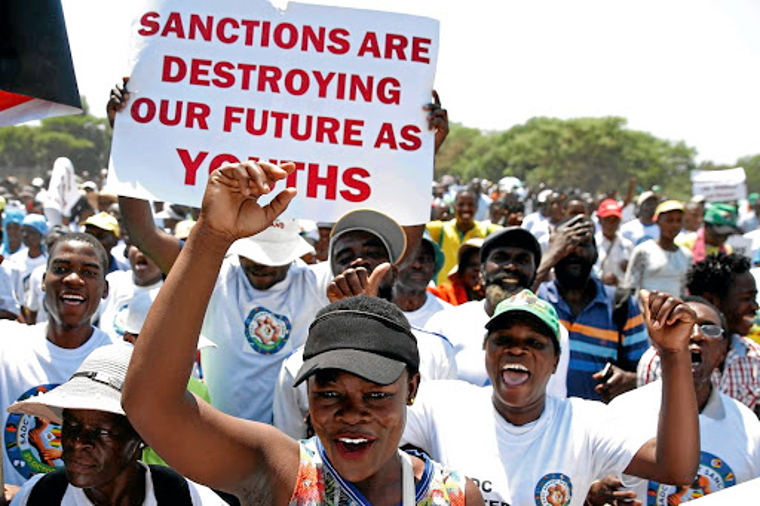Apparently, and unlike ‘country-specific sanctions programs’ that have previously been the norm, the Magnitsky Global Sanctions Program, provides the US government officials with greater diplomatic scope and flexibility to engage in quid pro quo wheeling and dealing under which sanctioned individuals are removed from the list in exchange of something beneficial to the US, such as access to resources like lithium, etc.
In effect, the Magnitsky sanctions are an “I scratch your back, and you scratch my back” type of sanctions.
The report of the Congressional Research Service noted that, pushed by the US whose unilateral sanctions like Zdera have invariably ended in embarrassing diplomatic failures, a number of countries have in recent years established sanctions regimes that mirror the Global Magnitsky sanctions; these countries include Canada, the UK, and the EU and a host of other jurisdictions such as Australia and Japan.
Through the US Treasury Department, and in the hope of to improving the effectiveness of and impact of its ‘Magnitsky Global Sanctions Program’ to further its foreign policy objectives, the US wants to use the sanctions similar to Magnitsky adopted by other countries; to create a circle of opportunities for it to impose alleged human rights or corruption related sanctions in some kind of a multilateral matrix, in the vain hope of rivalling the multilateralism of the United Nations Security Council sanctions.
However, because every action begets a reaction, the US multilateral experiment to globalise Magnitsky and to use it as a new imperialist policy tool is ill-fated, not least because it is certain to precipitate commensurate multilateral-solidarity responses; not only from the countries that have been targeted by the US Magnitsky imperialism, but also but from the global South in general, and in particular from emerging progressive multilateral organisations, such as the BRICS.
The 21-year old US sanctions regime on Zimbabwe, based on the failed 23-year old regime change policy in Zdera, should have by now taught the US that its unilateralism is doomed to fail, even if it is wrapped in the false language of promoting human rights or fighting corruption; or it is pursued under supposedly multilateral schemes like the ‘Magnitsky Global Sanctions Program’, which are in fact nothing but naked US imperialist foreign policy tools.
The only sanctions that can work from a multilateral point of view are those built on and imposed by membership based multilateral bodies such as the UN and its sub-regional affiliates like the African Union; anything else, such as the so-called Magnitsky Global Sanctions, is just drama.
The Global Magnitsky Human Rights Accountability Act: An Assessment, Dec 2021
https://drive.google.com/file/d/1pLQKRONZPsvdsk93-DwMuiAnYfUi9_0Z/view?usp=sharing
- A major and hitherto undiscussed consequence of the revoked Executive Orders is the end of the easy money to NGOs in Zimbabwe and the country’s main political opposition, which came with the ‘national emergency’ funding purportedly for democracy, governance, media, capacity building and related regime-change activism; which has been flowing like tap water since 6 March 2003.
Continued next page
(1120 VIEWS)


